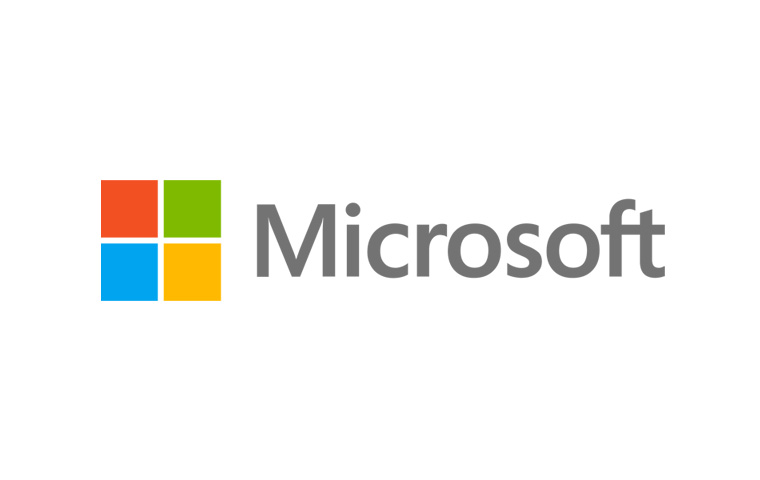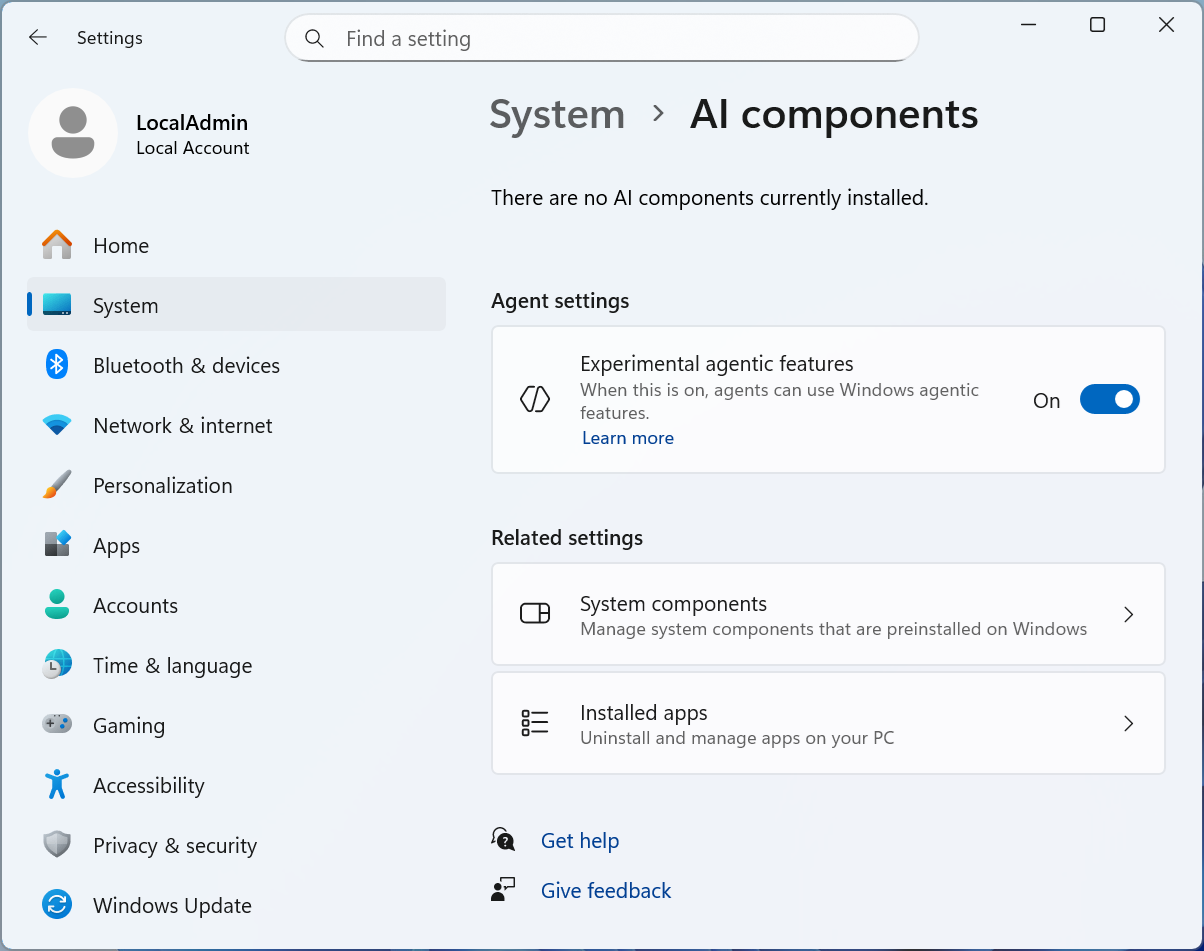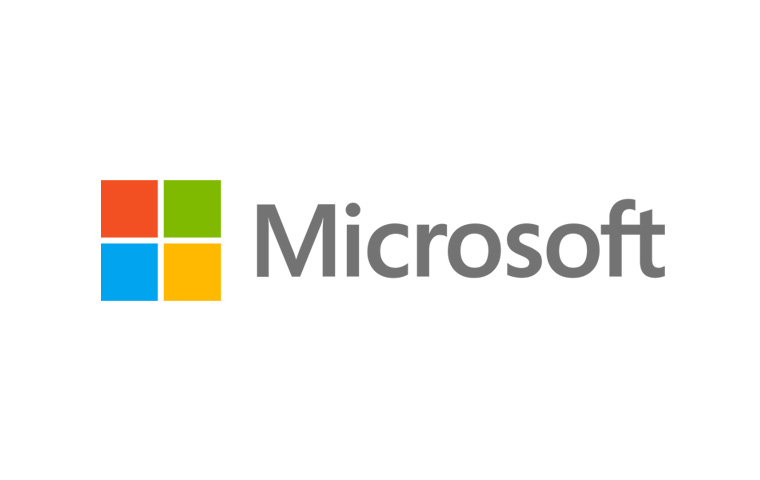
For years, Microsoft has been incorporating AI functionalities into Windows 11, but recently, these efforts have advanced into a new stage, with both generative and what are termed “agentic” AI capabilities integrating further into the core foundations of the OS. A fresh Windows 11 build that was made available to Windows Insider Program testers yesterday features a new toggle for “experimental agentic features” in the Settings to enable a function called Copilot Actions, and Microsoft has released a comprehensive support document that elaborates on how these “experimental agentic features” will function.
If you’re not acquainted, “agentic” is a term that Microsoft frequently employs to articulate its aspirations for Windows 11—in simpler terms, these agents are designed to perform designated tasks in the background, allowing the user to focus on other matters. Microsoft aspires for agents to handle “routine tasks like managing files, organizing meetings, or sending messages,” claiming that Copilot Actions should provide “an active digital partner that can execute intricate tasks on your behalf to boost efficiency and productivity.”
However, like other AI types, these agents may be susceptible to mistakes and fabrications and often act under the assumption that they are functioning correctly, even when they are not. They also introduce, in Microsoft’s own terminology, “new security challenges,” primarily concerning the implications if an intruder were to issue commands to one of these agents. Consequently, Microsoft’s execution treads a fine line between granting these agents access to your files and isolating them from the broader system.
Potential dangers and proposed solutions

At present, these “experimental agentic features” remain optional, only accessible in initial test versions of Windows 11, and are disabled by default.

